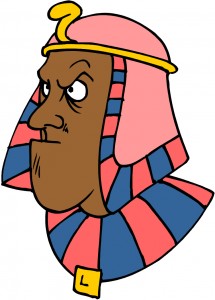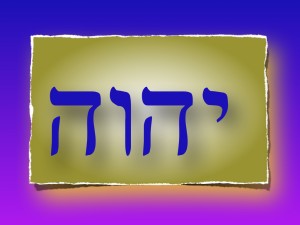Exodus 4:21, I will harden Pharaoh’s heart. There is an interesting interplay in the Torah’s narrative regarding the a condition of Pharaoh’s heart. At times, it’s recorded that Pharaoh hardened his own heart (Exod 7:23; 8:15, 32; 9:34), and at times, we read that Elohim hardened Pharaoh’s heart (Exod 7:3, 13, 22; 8:19; 9:7, 12, 35; 10:1, 20, 27; 11:10; 14:4, 5, 8).
Who was in control of Pharaoh’s heart? Pharaoh or Elohim? Initially, it appears that Pharaoh had some control over his heart disposition, but as time progressed, his heart became totally sold out to rebellion against YHVH. When he crossed this line, it was a point of no return for Pharaoh, and so YHVH simply used him to accomplish his purposes.
Paul discusses the sovereignty of Elohim with regard to the free will of men in Romans 9:15–18. YHVH can save who he wishes (Mark 10:26–27 cp. Rom 9:18) and condemn who he wishes (Rom 9:18, 22).
It is true that YHVH loves the whole world (John 3:16) and is not willing that any should perish, but desires all to be saved (2 Pet 3:9). He has made the wicked for the day of his judgment (Job 21:30; Rom 9:22). However, YHVH sets before humans two paths: life and death. All have the freedom and ability to choose the path of righteousness, leading to life, or wickedness leading to death (Deut 30:15–20).
When Pharaoh chose the path of wickedness and death and hardened his heart to go in that direction, YHVH simply complied with the dictates of the king’s heart and used him accordingly for his sovereign purposes.
In the Exodus record relating to the condition of Pharaoh’s heart, we see that initially sometimes Pharaoh hardened his own heart, and sometimes it was YHVH who did it. In the end, however, it was YHVH who exclusively hardened Pharaoh’s heart. This is because by this time, Pharaoh had already predetermined to harden his heart, and YHVH was simply manipulating Pharaoh according to his sovereign purposes. YHVH had not violated Pharaoh’s freedom of choice, but was playing along with the choices Pharaoh and already made.






